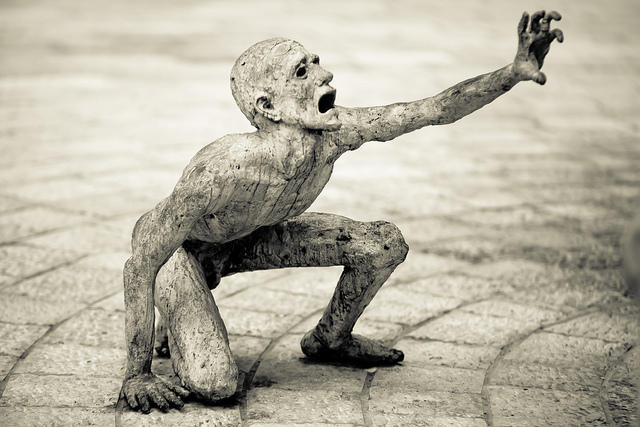Painful experiences range from subtle discomfort to extreme anguish – and there is a place for them. Sorrow can open the heart, anger can highlight injustices, fear can alert you to real threats, and remorse can help you take the high road next time.
But is there really any shortage of suffering in this world? Look at the faces of others – including mine – or your own in the mirror, and see the marks of weariness, irritation, stress, disappointment, longing, and worry. There’s plenty of challenge in life already – including unavoidable illness, loss of loved ones, old age, and death – without needing a bias in your brain to give you an extra dose of pain each day.
Painful experiences are more than passing discomforts. They produce lasting harms to your physical and mental health. When you’re feeling frazzled, pressured, down, hard on yourself, or simply frustrated, that:
- Weakens your immune system
- Impairs nutrient absorption in your gastrointestinal system
- Increases vulnerabilities in your cardiovascular system
- Decreases your reproductive hormones; exacerbates PMS
- Disturbs your nervous system
Consider the famous saying: “Neurons that fire together, wire together.” This means that repeated painful experiences – even mild ones – tend to:
- Increase pessimism, anxiety, and irritability
- Lower your mood
- Reduce ambition and positive risk-taking
In a couple, upsetting experiences foster mistrust, heightened sensitivity to relatively small issues, distance, and vicious cycles. At much larger scales – between groups or nations – they do much the same.
So don’t take painful experiences lightly, neither the ones you get nor, honestly, the ones you give. Prevent them when you can, and help them pass through when you can’t.






